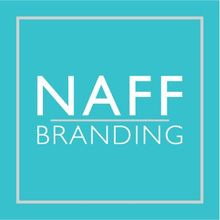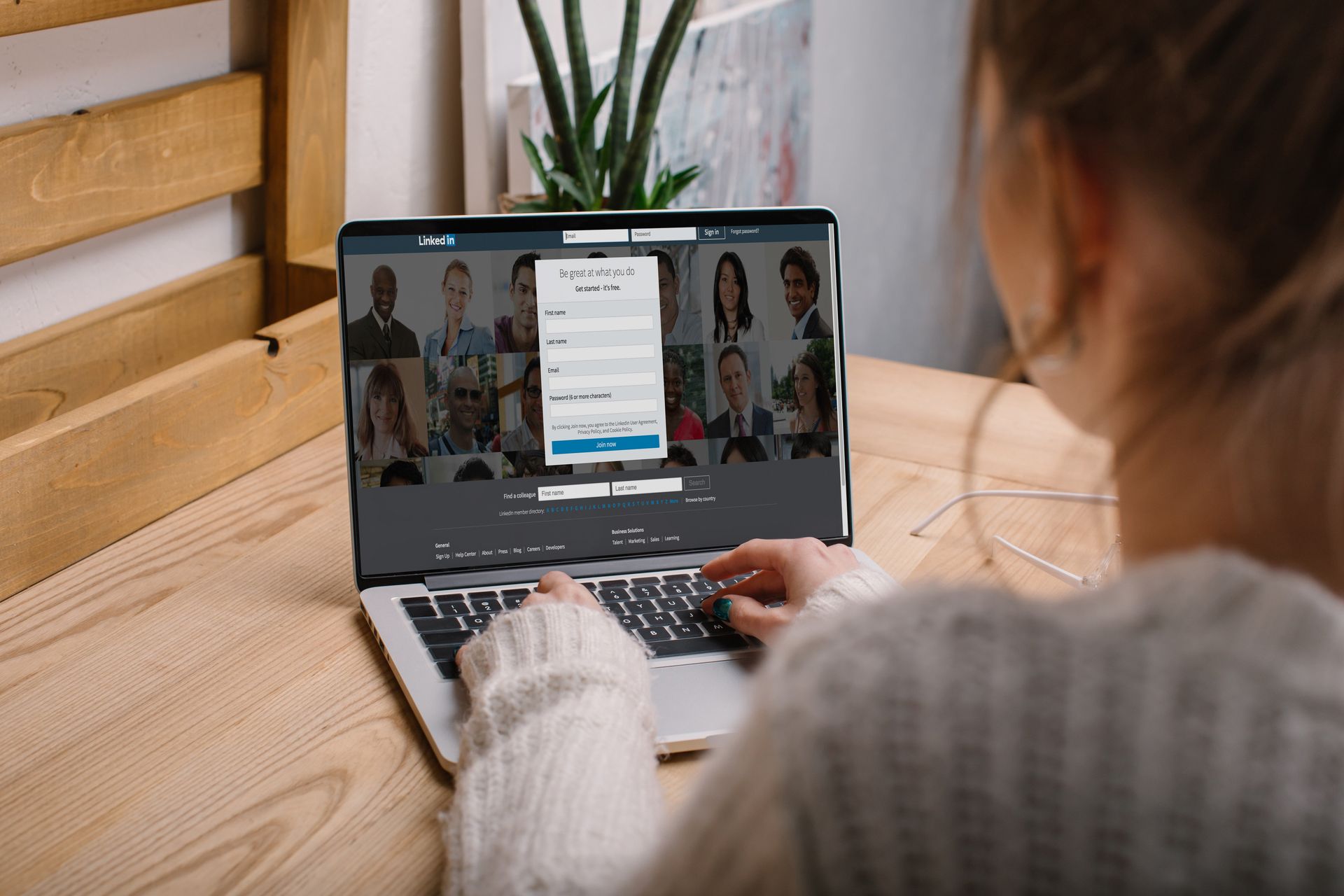What is the Purpose of a Cover Letter and How to Write One
- By Naff Branding
- •
- 17 May, 2018
- •
No one really reads cover letters, right?

Nothing seems to spark debate in the job search industry more than cover letters. Are they needed? Are they just a waste of digital space? If they are required, how in the world do you write one that is memorable?
If you ever experience these internal dialogs running through your mind, you're certainly not alone. Creating a cover letter can be intimidating and often seems repetitive, but it’s a necessary evil.
Here’s the thing, though - yes, you absolutely need to write a cover letter, so let’s settle that right now. Even if the application doesn’t call for it, why give up the opportunity to tell more about yourself.
Cover letters are not only still relevant, but I would assert to say they are even more important than they use to be. Future employers are looking not just for a professional cover letter but for an engaging cover letter that goes beyond the monotone resume and shows your personality as well.
What is the Purpose of a Cover Letter?

What is a cover letter?
- An introduction When I first meet someone, I tell that individual my name and shake their hand while doing so. A cover letter is just like a handshake. It introduces you to the potential employer, but through written words rather than that strong handshake and look in the eye. When you have an engaging yet professional cover letter, the reader (your future employer) will want to know more about you.
- Encourages the employer to “keep” the conversation going Employers looking for new employees have the grand privilege of reading through dozens, if not hundreds, of resumes. Most cover letters and resumes end up in the trash. Some of them don’t even get read all the way.
The best way to keep your resume out of the recycling bin is to attach a well written, compelling cover letter. A cover letter that gets the reader excited about you betters the odds of you landing an interview.
What Every Cover Letter Should Have

I would encourage any writer, especially a client of mine, to incorporate the following elements into their writing to make it shine above the competition:
1. The Intro
The introduction in your cover letter should discuss precisely why you are sending it to the recipient. Explain to them whether you saw an advertisement for the job on Indeed.com or if an acquaintance referred you to the position. Tell a story about why this specific opportunity has piqued your interest. Be direct, and not overly wordy.
2. The Body
The main content of your letter will need to convince the employer exactly why you are perfect for the position. This portion should only be about one to two paragraphs in length. You want to express your capabilities quickly and concisely to grab and keep the attention of the reader. It’s a good idea to discuss the fantastic qualities and accomplishments you have under your belt, incorporating a dash of your personality into the text.
3. The Closing
The closing is your final appeal to the employer to meet with you in person. Summarize everything from the intro and body, but with different wording. Convince them to read your resume and call you for an interview. Finally, the best cover letters have what is called a plan of action. It’s crucial that you let the reader know that you will be following up on the job opportunity. Tell them exactly when you’ll contact them again.
In summary, the contents of your cover letter should be threefold: let the reader know how you became aware of the position, why you are perfect for the job, and what your next step is going to be.
Things To Absolutely Avoid
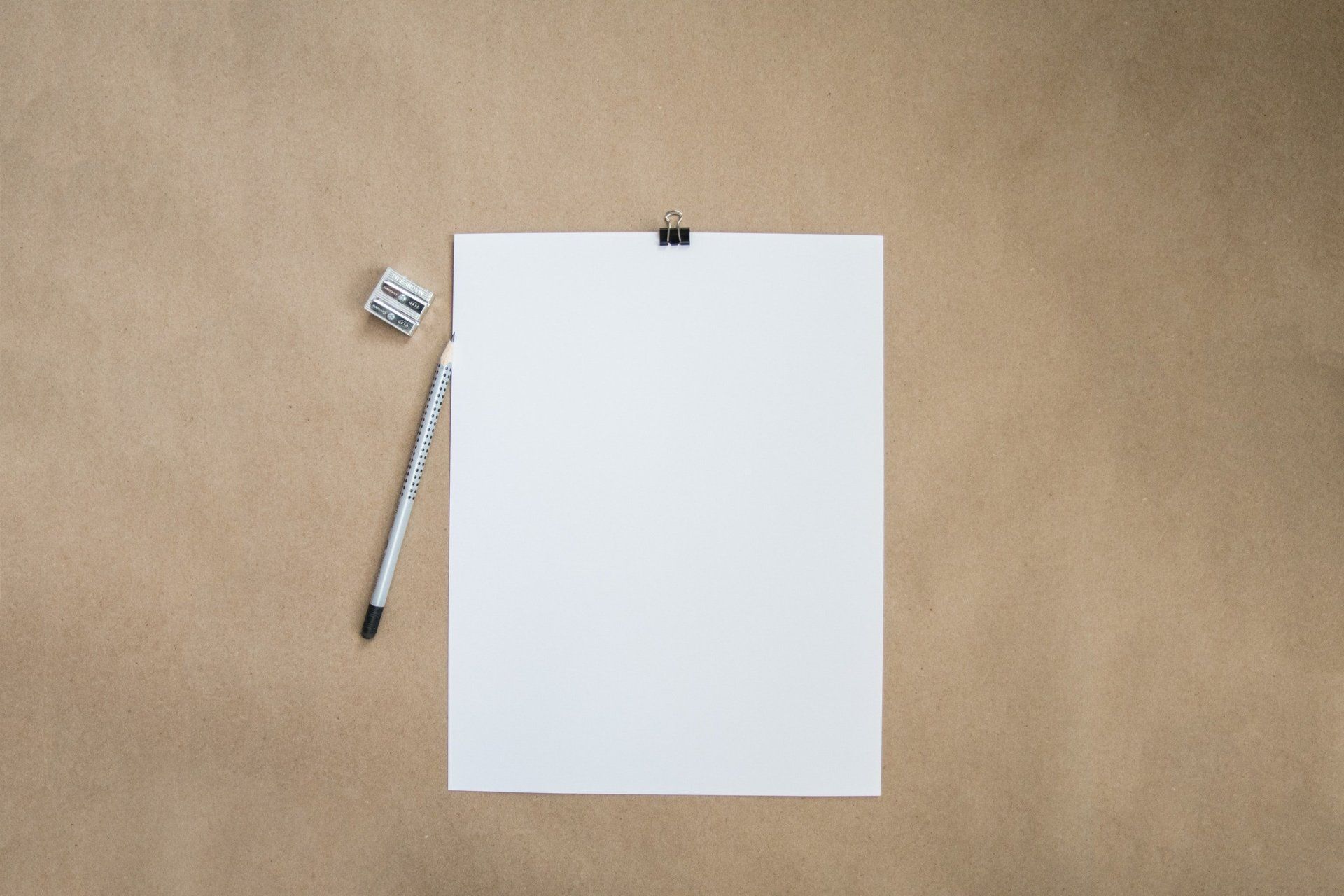
- Using identical cover letters for all your applications
An employer can usually discern if you have created a one-of-a-kind cover letter for their specific job opportunity or if you have merely duplicated a previous letter from another application.
Creating a new letter for each job takes a bit of work because you’ll need to do your research. Investigate the company - what they do, and what values they represent. Use parts of their mission statement in your letter, and explain how you can help accomplish that mission and can align with company core values.
I urge all my clients to get to know their possible future employers. Showcasing your knowledge about a potential employer proves to them that you have done your homework and that you care about the job.
- Overly bragging about yourself
A cover letter is the one time talking about yourself and your accomplishments is not just OK, but encouraged. However, if you’re not careful, you can sound overly arrogant. The best way to combat arrogance is to be brief.
Writing more than one page Remember, not only does the employer have your cover letter and resume to read, they have to pour over many others as well. Get as much content and excitement into one page as you possibly can.
Also, using small paragraphs and words rather than long and large ones is a good rule of thumb. That will make it much easier and more enjoyable to read.
- Have errors in the letter
Don’t forget to check, check and double check your letter. Use spell check, use Grammarly, have a friend look it over. Nothing puts you in the recycle bin like misspelled words or avoidable errors.
Creating an impeccable cover letter does not have to be frightening, stressful, or complicated. You are simply introducing yourself to another party with descriptive words, demonstrating to them what your strengths are and how they match the opportunity given, and finishing up with the next course of action.
If you follow these steps, your cover letter will stand out from your peers. I hope these tips have been useful to you. If you need any further help with your cover letter, feel free to reach out to me. My goal is to help you demonstrate how impressive, efficient, and worthy you are of the job you seek.
Contact me if you need help spicing up your cover letter or making your resume stand out above the rest.
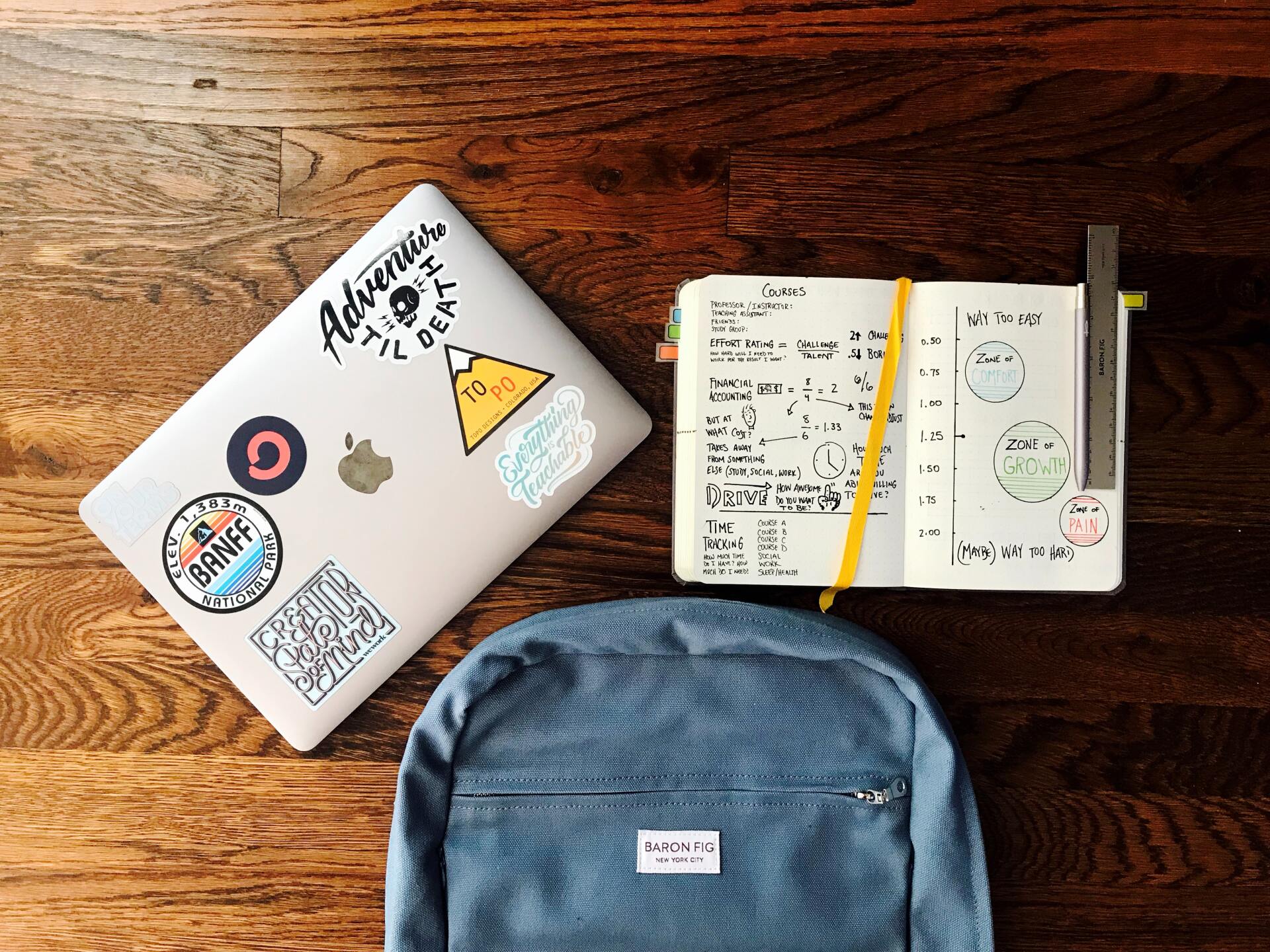
The year was, yeah, you don’t need to know that, and my college internship was as a promotions coordinator at a now-debunked radio station in Minneapolis. Now I can imagine you are reading this thinking, you lucky girl, I bet that was fun! If you consider driving a massive van around town, filled with crap and a million empty cups, going to events in weird places, and hauling things around, well, then yes, I was lucky. Now there were some perks. I met a few celebrities and did taste what it meant to be an event coordinator, which I wanted to do after school. It was an unpaid position, but I did get college credits for it, and more importantly, it was a job close to what I wanted to do, in the market I wanted to be in.
This experience was so valuable, even if at one event I had to sit at a used car dealership for a live remote or haul hair dryers in the Mall of America. It taught me responsibility, what an office setting is like, and that work is well, just that work. But most importantly, it helped me meet connections and get my first real career job when I graduated from college.
Forbes quotes a study that says a college graduate and working at a paid internship shows, 60% of the time, that internship will turn into a job offer.
If you are a parent of a college-age kid, have you asked them about their internship plans? If you are a college kid reading this, what is your plan? Have you started applying? Internships bring real-world experiences and help fill up a resume. Ideally, look for a paid internship and one that t college credits can be used to. Make sure to checked in with the career services department to understand credits and look for opportunities with alumni. Can you make any introduction to anyone in your network to see what openings they have? Ensure you or your student knows what areas they want to work in, which helps reach out to your network. The more specific you can be, the better.
Indeed lists of their top 12 reasons internships are beneficial. To get these beneficial internships, a quality resume is necessary. Do you have a resume that will stand out? Parents, does your child have one?
Make sure the resume is:
- Free of errors
- Shows a little personality
- Clearly articulates their jobs and activities, Captain of the golf team, make sure to list that!
- The resume should highlight the course load, any employment, volunteer positions, and collegiate sports.
If you are ready to start applying for internships, reach out to beth@naffbranding.com for a review and feedback for $49. Let’s tell your story and get you that first job.
Stay tuned for part two of this series as I discuss why you need to hire interns.

It’s the holiday season. For some, it means putting up decorations, fretting about family coming over, more holly, more jolly and more obligations. It means that you will be out and about more. Are already dreading your partner's company holiday party? Let’s think differently about the holidays. Focus on your career strategy, don’t focus on how many more calories you are going to eat.
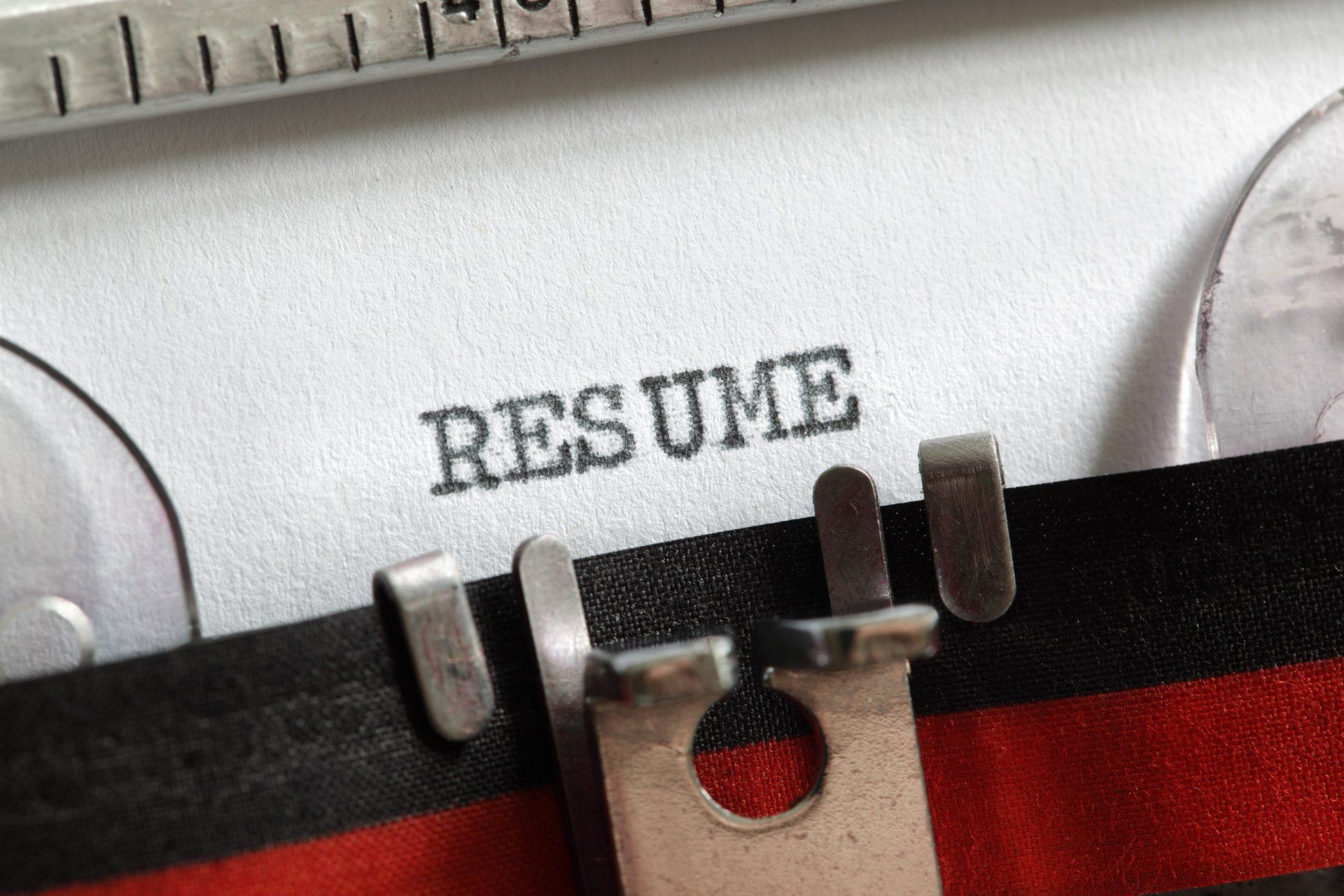
In today’s modern digital world, very few job seekers have the opportunity to physically bring a resume to a potential employer. Gone are the days of being able to take advantage of that initial face-to-face interaction with a smile, a handshake, and a witty anecdote.
Instead, you upload your resume and hope like bloody heck that it will make it past a gatekeeper and into the hands of someone who is in a position to hire you. I am here to help. I can give you advice and tips to improve your resume and get past the gatekeeper. Contact me for help in making your resume stand out and be the best that it can be.
The truth is, you likely have about one minute of someone’s attention once your resume lands in front of them, so make it count. With all you have to think about as you craft your resume, don’t lose sight of the small details that matter. Little things like the proper use of punctuation and capital letters are critical in this 60-second window. Don’t miss out on a job opportunity just because YOU COULDN’T CAPITALIZE PROPERLY. (Like that. Don’t do that.)
